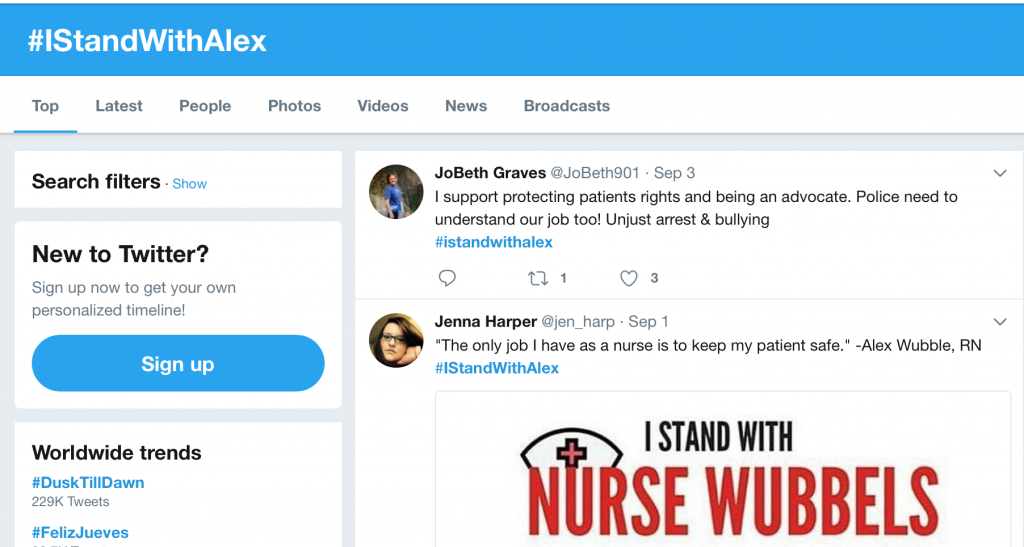nurses
TagThe Nurse’s Role and Female Genital Mutilation
By Misbah Shah
Ethical issues involve gender inequality, unbalanced resource distribution, and danger to vulnerable populations. Although it is important to embrace other cultures, different beliefs can lead to ethical dilemmas. Global health enc…
For Nurses, “Just” Is A Four-Letter Word
Words are powerful, and the words we use to describe ourselves, such as “I’m JUST a nurse,” can have far-reaching effects — for others, and within our own psyches.
Lateral Violence in the Workplace
Lateral violence has been defined as “nurses covertly or overtly directing their dissatisfaction inward toward each other, towards themselves, and toward those less powerful than themselves,” which can take many forms.
Nurse Be Nimble, Nurse Be Quick
The notion of pivoting in your nursing career isn’t a new one, and that readiness to pivot can emerge from a nimbleness of mind and a willingness to read the tea leaves of your career. Are you nimble?
We Need Nurses More Than Ever. Why Are We Letting Them Burn Out?
The combination of an exodus of RNs and an influx of aging patients could create a health care crisis.
The Crucial Nature of Nurse Volunteerism
In recent weeks, we’ve heard of flooded nursing homes and hospitals, emergency evacuations, heroic deeds, and thousands of people — including nurses — going above and beyond the call of duty.
How to Help Your Fellow Nurses Deal with Disaster Relief
The American Nurses Foundation is collecting donations to support nurses in their disaster response and recovery following the recent hurricanes.
Nurses Rally Behind Nurse Arrested for Protecting Her Patient’s Rights
Last week, a disturbing video came to light in which a Utah charge nurse, Alex Wubbels, was arrested for refusing to draw the blood of an unconscious patient at the request of Salt Lake police detective Jeff Payne. As Payne did not have a warrant …
How Many Patients Per Nurses? Correct Nurse To Patient Ratio.
from Nurse Buff
Nurse to patient ratio is probably one of the most talked about issues in nursing. And apparently, it’s also one of the most common reasons why nurses leave the profession. When an institution suffers from short staffing, bad thin…
The Nurse, The Martyr and The Oxygen Mask
Many of us are nurses because we’re caring people, and when someone asks why we became a nurse, we might say something like, “Oh, I like to help people”. And that sounds nice. But we know there’s more to it than that, don’t we?




